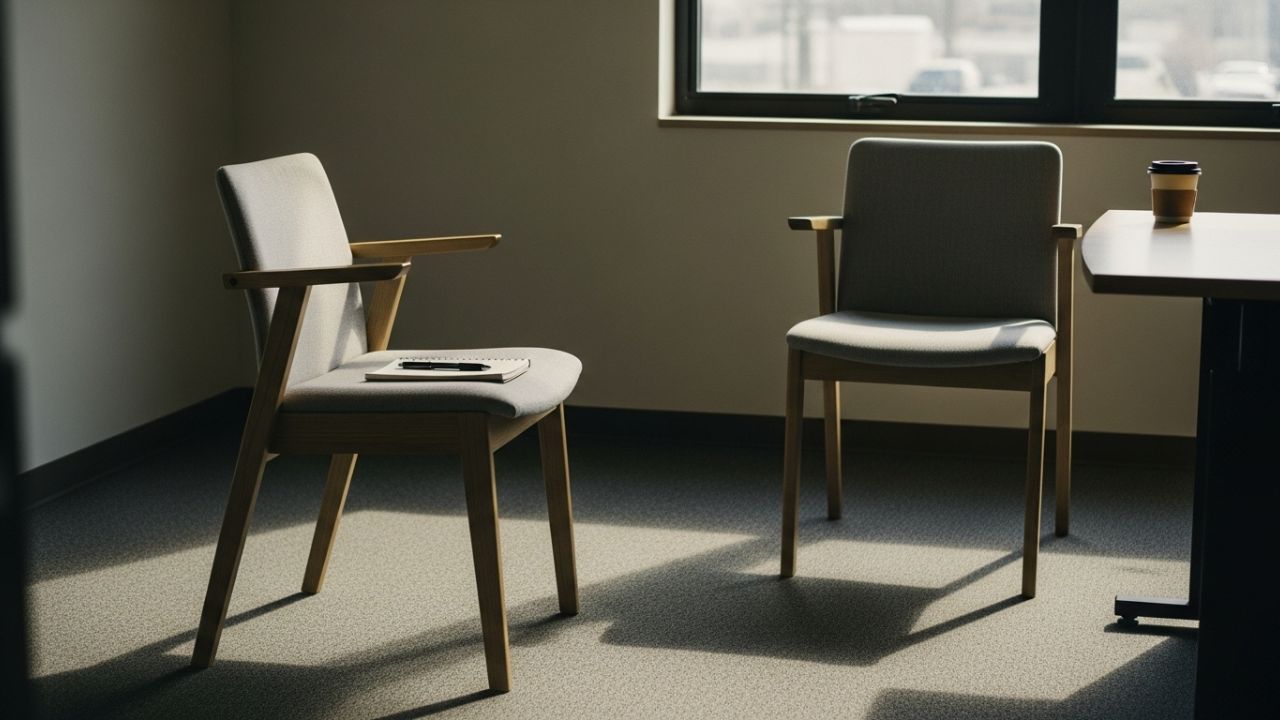After years as a family law attorney, I can tell you this: no two cases are alike, but the clients who get the most out of the legal process have a few things in common.
Think of this as a little “secret guide” from someone who’s seen it all, the good, the tough, and the surprisingly funny moments that come with divorce, custody, and family law cases.
If you want to help your lawyer help you, here’s what really makes a difference.
Communicate Clearly and Honestly
It sounds simple, but clear, honest communication is everything.
Tell your lawyer what’s going on, even the parts you think are messy, embarrassing, or complicated. We can’t help you navigate problems we don’t know about. And when we have the full picture, we can prepare you for what’s ahead and help you avoid surprises.
Be responsive with emails, calls, and documents. Even small delays can slow things down or create extra stress.
Be Open to Advice, Even When It’s Hard to Hear
One of the hardest parts of this work is telling clients things they may not want to hear.
Sometimes the law has limits. Sometimes compromise is the smartest option. Sometimes the “principle of the matter” comes at a cost that just isn’t worth it.
The best clients are the ones who stay open, ask questions, and are willing to hear a hard truth if it helps them make better decisions.
Focus on Long-Term Goals, Not Just Immediate Frustrations
It’s easy to get caught up in short-term wins. A point scored in a negotiation, a temporary advantage, or a moment of getting the last word. But those victories often fade fast.
What matters most is the long-term outcome. Will the parenting plan work a year from now? Will the property division set you up for financial stability? Will the agreements you reach help you move forward with less conflict?
Keeping an eye on the big picture helps you and your lawyer work as a team toward outcomes that last.
A Good Lawyer-Client Relationship Is a Partnership
The best lawyer-client relationships are built on trust, teamwork, and mutual respect.
Your lawyer brings legal expertise and strategy. You bring lived experience, priorities, and insights into your family’s needs. Together, you can work toward the solutions that fit your life, not just your legal file.



